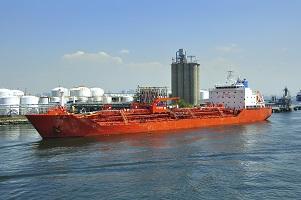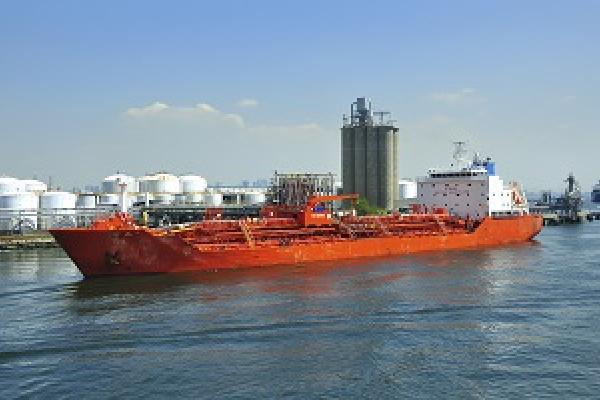
Steamship Mutual
Published: May 01, 2018

Following the Bremen Max and the Zagora, this is a third case where shipowners sought to enforce a Letter of Indemnity (“LoI”) given by charterers for delivery of cargo without presentation of bills of lading.
Facts
The “Songa Winds” was fixed by her owners (“Songa”) into the Navig8 Chemical Pools Inc (“Navig8”) under the terms of a time-charter based on the Shelltime4 form. Navig8 fixed her in a voyage charter to Glencore Agriculture BV (“Glencore”) on Vegoilvoy terms. She loaded cargoes of crude sunflower seed oil at Ilychevsk for India, including about 6,000 tonnes of cargo for which bills of lading were issued showing the notify party to be Ruchi Agritrading (“Ruchi”). The cargo covered by these bills was sold by Glencore to Aavanti in Singapore, who arranged to sell it to Ruchi.
The cargo was delivered at two ports, about 4,000 tonnes at New Mangalore and about 2,000 tonnes at Kakinada. Bills of lading were not presented, and Navig8 provided two LoIs, in the wording recommended by the International Group of P&I Clubs, requesting that the owners deliver the cargoes to “Aavanti or to such party as you believe to be or to represent Aavanti or to be acting on behalf of Aavanti" at New Mangalore and Kakinada.
Ruchi did not pay Aavanti for the cargo, and Aavanti did not pay the bank, SocGen, that was financing the trade. SocGen, as lawful holders of the bills of lading, subsequently brought a claim at London arbitration against Songa for misdelivery of the cargo, and threatened to arrest the ship or others assets of Songa to secure their claim. Songa sought to enforce LoIs issued by Navig8, and Navig8 in turn sought to enforce similar LoIs issued to them by Glencore, to have Glencore secure the claim and put owners in funds to defend it.
Issues in dispute
The questions for determination at court were;
- Was Ruchi, in taking delivery of the cargo, representing or acting on behalf of Aavanti?
- If not, did the owner believe that Ruchi represented or acted on behalf of Aavanti?
- If not, could the owner rely on clause 4 of the LoI wording?
Court decision
Baker J. decided from the facts of the case, and from a pattern of previous trades, that Ruchi were in fact acting on behalf of Aavanti. This was sufficient to decide the case in favour of Songa, who were entitled to enforce the LoIs against Navig8.
It was not necessary for the Court to decide the other two questions, but Baker J commented on them “quite briefly, for completeness only”.
He considered that reference to “such party as you believe to be or to represent Aavanti or to be acting on behalf of Aavanti” referred to the belief of the master of the “Songa Winds”, who was acting as the owner’s representative in the case of the LoI issued to the owners, and was considered to be acting vicariously for the timecharters, Navig8 with respect to the LoI issued to Navig8 by Glencore. This follows a similar finding in the Zagora case.
Clause 4 of the LoI wording states that “If the place at which we have asked you to make delivery is a bulk liquid or gas terminal or facility, or another ship, lighter or barge, then delivery to such terminal or facility, ship, lighter or barge, shall be deemed to be delivery to the party to whom we have requested you to make such delivery…” Baker J. considered that the LoIs requested delivery at a port (New Mangalore or Kakinada) and not a bulk liquid terminal, so that this provision was not triggered.
Comment
Where owners deliver cargo without presentation of a bill of lading, then P&I cover will be prejudiced, and the owners will be relying on the Letter of Indemnity instead of P&I insurance in case they face a large claim for misdelivery. Apart from considering the commercial risk of relying on the party who issues the indemnity, owners need to be careful to ensure that they comply exactly with the terms of the Letter of Indemnity in order to be able to enforce it.
Article by Bill Kirrane


